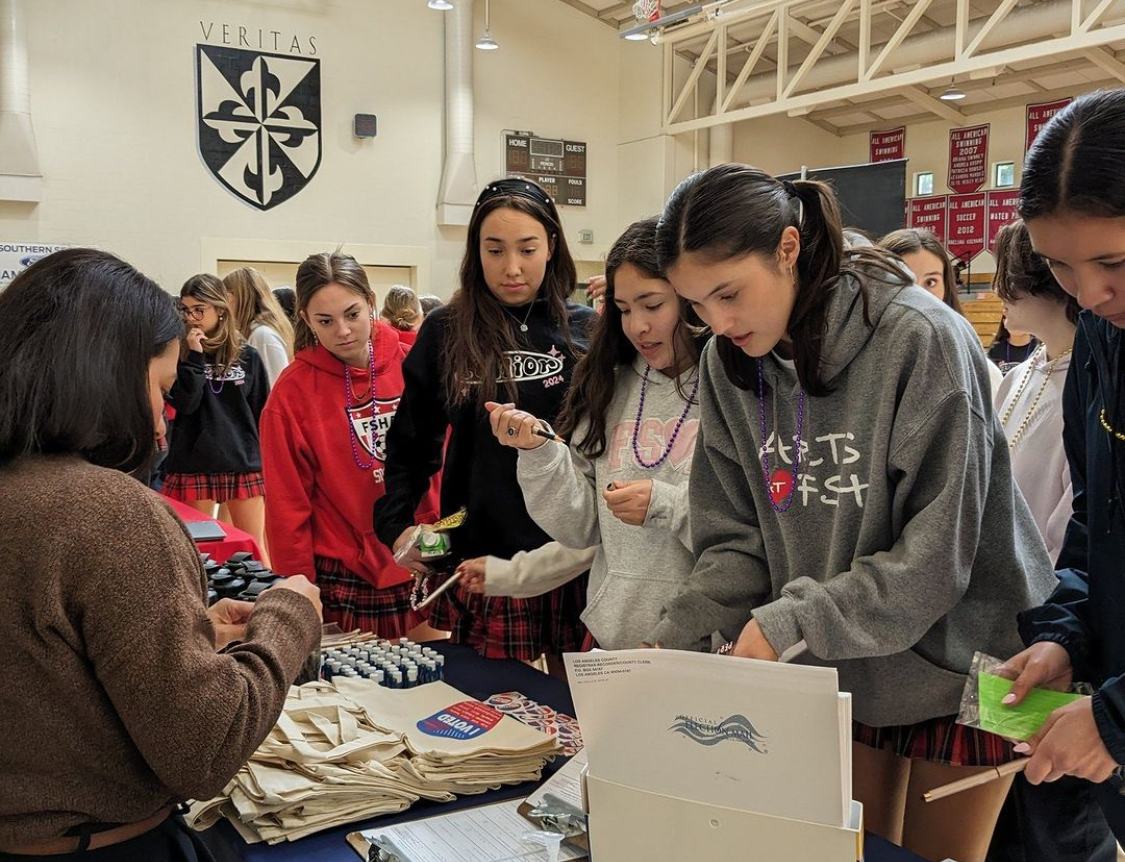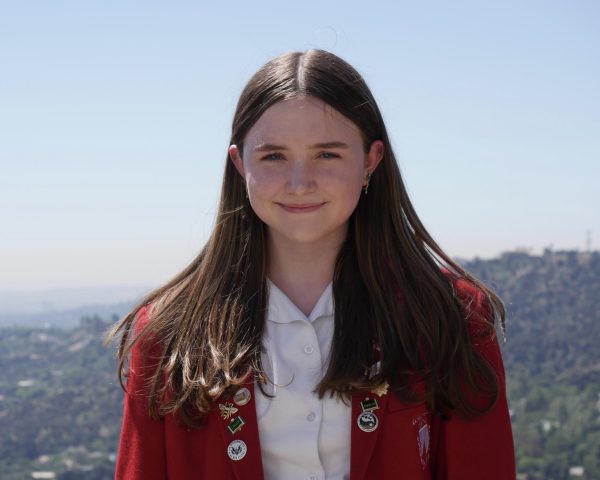With the primaries and caucuses underway, the 2024 election season is in full swing and the media is abuzz with electoral frenzy. They are not the only ones. At FSHA, Tologs’ sights are set on the 2024 presidential election, as many students’ eighteenth birthdays will occur in the months before the election, making them eligible to vote.
The caucuses and the primaries are the first step in engaging in the electoral process. States hold presidential primaries between six to nine months leading up to the general election; voters in these primaries cast their ballots and the state awards delegates to the popular vote. Delegates are party insiders who represent their community or state and are responsible for choosing a presidential candidate in the general election.
Presidential primaries also serve as a precursor to the general election, allowing voters to select the candidate they would like to be represented by in the presidential election, as the leading candidate goes on to represent their party in the general election.
In California’s case, this year’s primary election was a closed primary, meaning that eligibility to vote for a particular candidate was exclusive to voters stipulating their preference for that candidate’s political party. In other words, a member of the Republican Party would not receive a ballot with Democratic candidate Joe Biden’s name on it. All eligible voters received vote-by-mail ballots, and results were released on March 5, 2024.
All Californians who reached the age of 18 before this election were entitled to cast their votes in the primaries, including some Tologs. The California primary provided first-time voters with valuable experience in researching and voting for candidates prior to the Presidential election.
Social Studies teacher Mrs. Gonzalez Doo offered advice on preparing for the election.
“The best way to inform oneself is to review non-partisan sources. One website I use frequently is Ballotpedia. It provides general information about candidates and ballot measures,” Mrs. Gonzalez Doo said. “It’s a great place to start gathering information. You can also look at candidate websites where you can read about their political agendas while remembering that they are only presenting what they want voters to know.”
Teaching Youth Political Engagement (TYPE), a club at FSHA, regularly holds meetings to discuss national and global politics and engage in discourse. Much of their recent itinerary centers around the upcoming presidential election, as many members will be first-time participants.
With this influx of student voters, TYPE co-presidents Abbie Hardy ‘24 and Audrey de Groot ‘24 aim to impart students with the steps necessary to vote confidently as they enter into a sphere dominated by older generations.
Hardy ‘24 offered insight into the legacy interwoven with youth political involvement, and the obstacle of current culture around voting to young people.
“Being young people, we’re the next generation to lead the government,” Hardy ‘24 said. “I think it’s very popular to not be very engaged. I grew up not watching the news, and I think it led me to not know a lot about politics. I think it’s important for people to be aware of the basics of politics, at least, so when we do go into voting, we know the political system and how it works.”
Keeping with her co-president’s observations, de Groot ‘24 reflected on the essential role of younger generations in the electoral process.
“Our vote is worth the same as an older person’s vote who’s gone through completely different experiences and because a republican democracy is intended so that we use our voices and use our votes to enact change. But we can’t really expect our democracy to live up to its full potential if we’re not exercising our right to vote,” de Groot ‘24 said.
Every day, we see the fundamental effects of the policies of the officials we elect. That being said, the more than seven months leading up to the election is ample time to research them in order to vote consciously.
“Every election matters. It’s more than just who becomes the President. While a U.S. president sets the tone for the country, every elected government official that is on the ballot has a direct impact on our lives whether they work at the federal, state, or local level,” Mrs. Gonzalez Doo said. “The people you vote into office make decisions about the political topics you care about. If you want real and effective change or if you are satisfied with things as they are, you must participate in government and work to elect leaders who will make policy that you wish to see enacted or maintain and expand existing policy.


